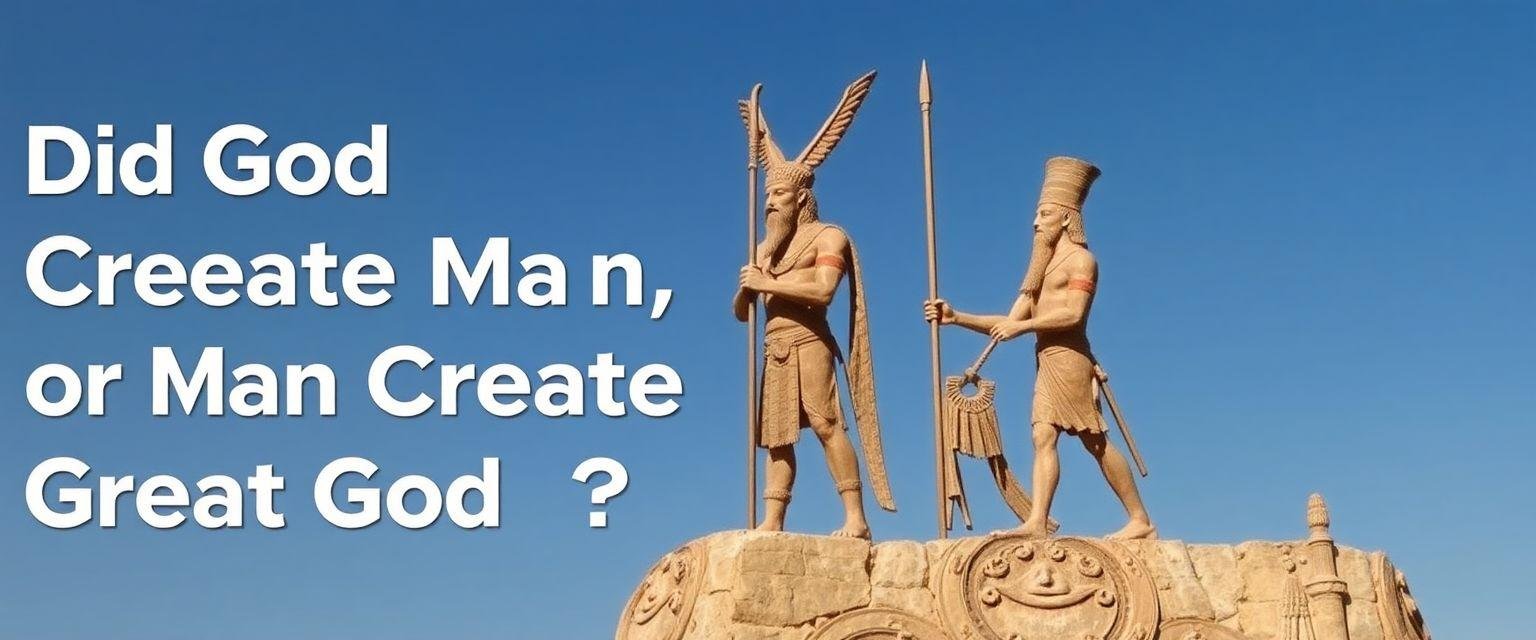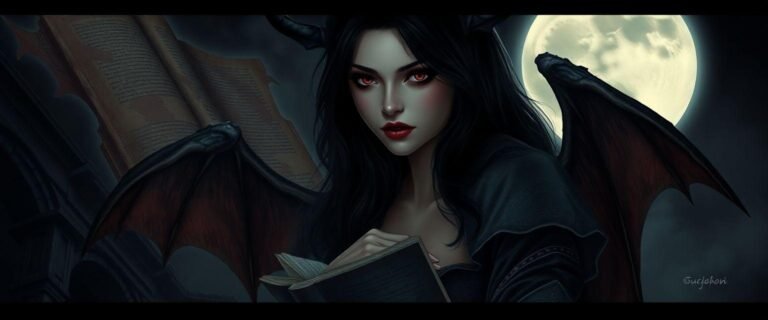The Evolution of God
Have you ever wondered how the concept of God has evolved throughout human history? It’s a question that has intrigued theologians, historians, and philosophers alike. The evolution of God is not just a tale of religious development; it’s a mirror reflecting the sociocultural metamorphosis of humanity itself. From ancient polytheistic traditions to the monotheistic religions that dominate todays spiritual landscape, the idea of God has undergone profound changes. But did God create man, or did man create God?
Understanding Deities’ Evolution
Explore the historical development of the concept of deities and how it reflects human beliefs and cultures.
– Discover how ancient civilizations shaped their understanding of gods through mythology and rituals, influencing the idea of divine beings.
– Learn about the philosophical debates on whether deities were created by humans as a reflection of societal needs or if they exist independently.
– Examine the transition from polytheism to monotheism and its impact on the concept of God throughout history.
A History of the Idea of God
The history of the concept of God is as old as civilization itself. It begins in the murky depths of prehistory, where early humans glanced at the sky and wondered about the forces governing their existence. Archaeological evidence suggests that the earliest known forms of worship were centered around natural phenomena and celestial bodies. These primal beliefs eventually coalesced into more organized systems of worship as human societies became more complex.
In ancient Mesopotamia, the cradle of civilization, the pantheon of gods was a reflection of the societal structure. The gods and goddesses were seen as powerful rulers, much like the kings and queens of the time. This hierarchical worldview was mirrored in other ancient cultures, such as Egypt, where the Pharaoh was seen as a divine intermediary.

Insider Tip: According to Dr. Jeremy Black, a renowned historian on ancient Mesopotamia, “The deification of rulers in ancient times served not only religious purposes but also solidified the ruler’s authority among the people.”
As societies evolved, so did the conception of deities. The rise of monotheism marked a significant shift in the religious paradigm. Judaism was one of the first monotheistic religions, emerging around the 2nd millennium BCE. This was a radical departure from the polytheistic norm and laid the groundwork for Christianity and Islam, which would follow centuries later.
Thought-Provoking Question
How do the gods of ancient cultures reflect the societal values and structures of their time?
The Evolution of God
As we move into the era of monotheism, the concept of God becomes more abstract and encompassing. The singular God of Judaism, Christianity, and Islam is not just a supreme ruler but an omnipotent, omniscient, and omnipresent being. This evolution reflects a shift towards a more centralized and unified understanding of divinity, paralleling the political unification of territories and the rise of empires.
The evolution of God did not stop with the advent of monotheism. The Enlightenment period brought about a wave of rationalism and scientific inquiry, challenging traditional religious views. Philosophers like Spinoza and Voltaire questioned the necessity of a personal God, paving the way for deism a belief in a non-interventionist creator. The scientific revolution only accelerated this trend, as discoveries in astronomy, physics, and biology offered natural explanations for phenomena once attributed to divine intervention.

Insider Tip: Theologian Karen Armstrong notes that “The Enlightenment inspired a reevaluation of religious truths, emphasizing reason and empirical evidence over faith-based belief.”
This shift in perspective has continued into the modern age, where the concept of God is more diverse than ever. From the pantheism of the New Age movement to the atheism advocated by secular humanists, the spectrum of belief (and disbelief) is vast.
Thought-Provoking Question
In an age of scientific advancement, what role does the idea of God play in explaining the mysteries of the universe?
The Evolution of God
The evolution of God is not only a tale of changing beliefs but also a testament to the adaptability of human culture. It’s fascinating to see how different societies have shaped and reshaped their understanding of the divine to suit their needs and circumstances. This dynamic interplay between culture and religion raises an intriguing question: Is our concept of God a reflection of an actual divine presence, or is it a construct born out of human imagination?
Historically, religion has been used to justify a myriad of actions, both benevolent and malevolent. The Crusades, the Inquisition, and numerous other conflicts were waged under the banner of religious conviction. Yet, religion has also been a source of immense solace and moral guidance for billions of people throughout history.

Insider Tip: Psychologist Dr. Steven Pinker argues that “while religion has been used to justify violence, it has also been instrumental in the development of moral frameworks that promote peace and cooperation.”
Today, the debate continues as to whether religion is an inherent good or a relic of a less enlightened past. The evolution of God, in this context, becomes a narrative about humanitys struggle to find meaning in an ever-changing world.
Thought-Provoking Question
Can the concept of God evolve further in the future, or have we reached the zenith of theological development?
Conclusion
The historical evolution of deities is a story that is both ancient and ever-relevant. From the polytheistic beliefs of early civilizations to the sophisticated theologies of today, the journey of God is one of adaptation and transformation. While the question of whether God created man or man created God may never be definitively answered, exploring this question offers profound insights into the human condition.
As we stand on the precipice of future advancements in science and philosophy, the concept of God is likely to continue evolving. Whether this evolution will bring us closer to truth or further away from it remains to be seen. What is certain, however, is that the conversation about the nature of God will persist, challenging us to reconsider what we think we know about the divine.
For further reading and insights into the complex relationship between religion and society, you can explore more at Thin White Lies.

Questions & Answers
Who first theorized the evolution of deities in history?
Many scholars, including Friedrich Nietzsche, have theorized about deities’ evolution.
What is the main argument behind “Did God Create Man, or Man Create God”?
The debate examines whether deities are human constructs or divine beings.
How did ancient cultures shape their deities over time?
Ancient cultures often shaped deities based on societal values and beliefs.
Why do some believe that humans created gods instead of the opposite?
Some argue that gods reflect human needs, fears, and aspirations throughout history.
Can studying the historical evolution of deities change beliefs?
Yes, understanding their evolution may challenge or reinforce personal beliefs.
What if I find the concept of deities unsettling or confusing?
Its natural to feel uncertain; exploring diverse perspectives can provide clarity.







